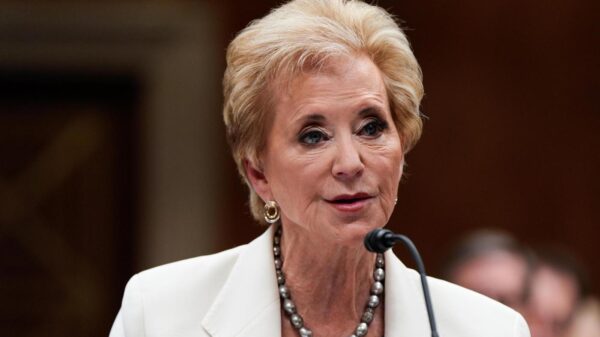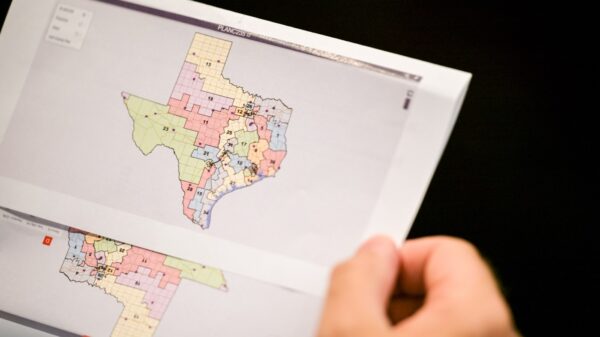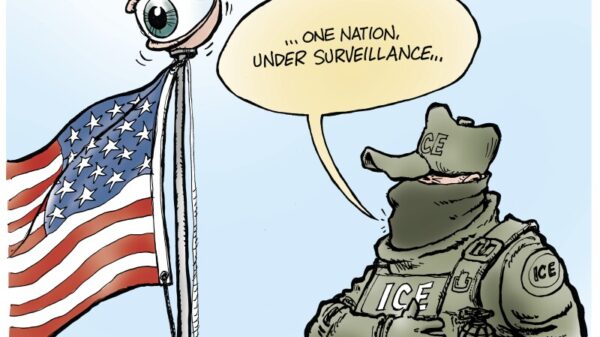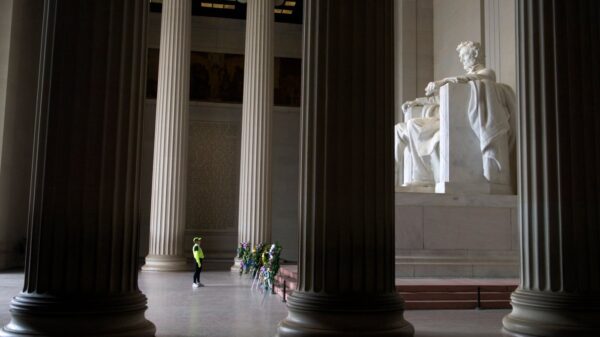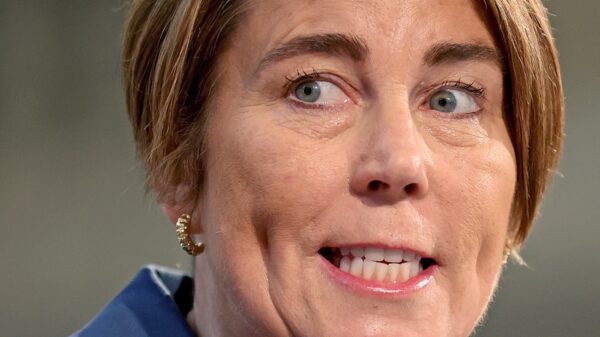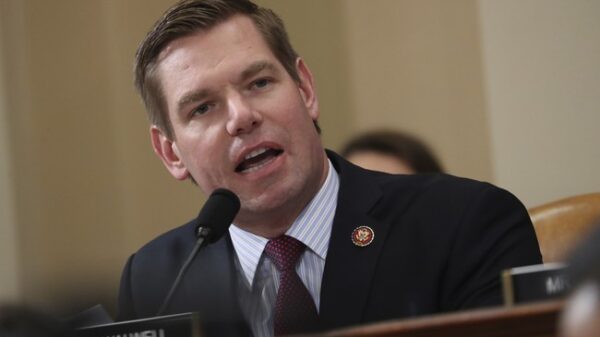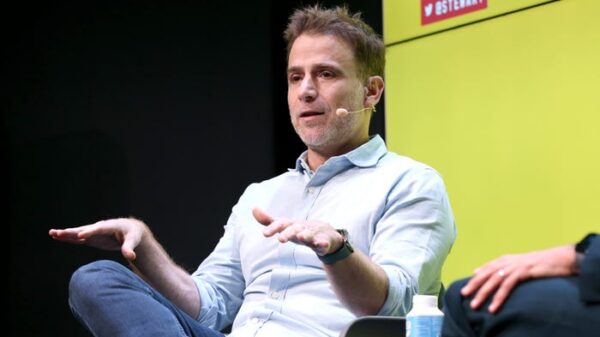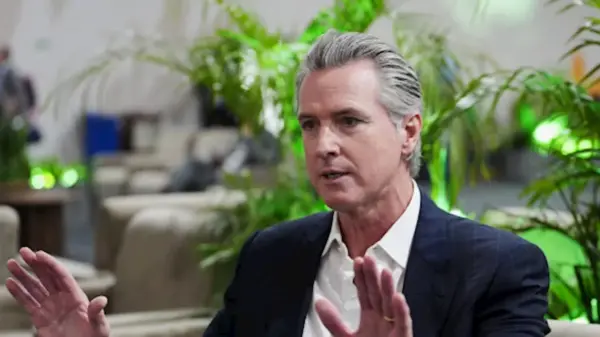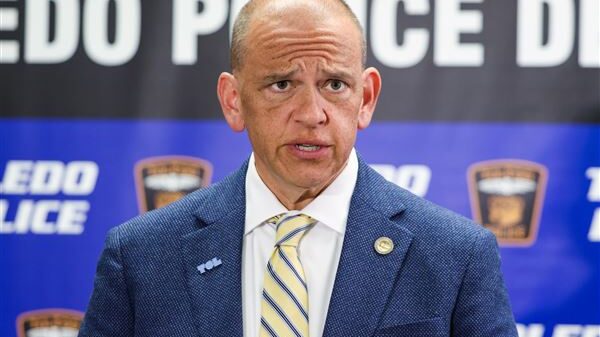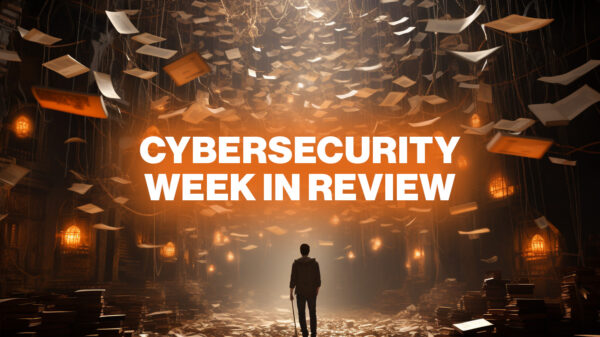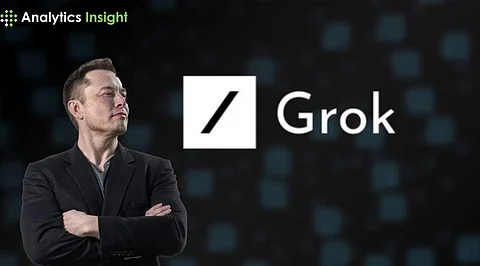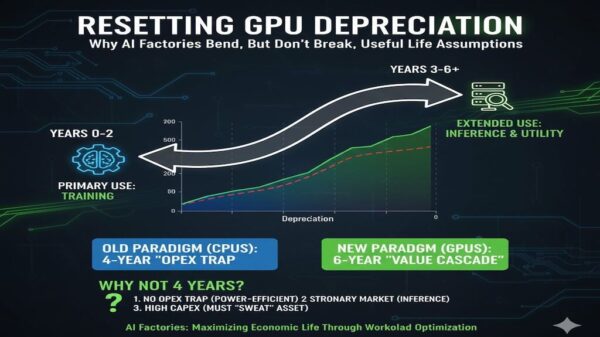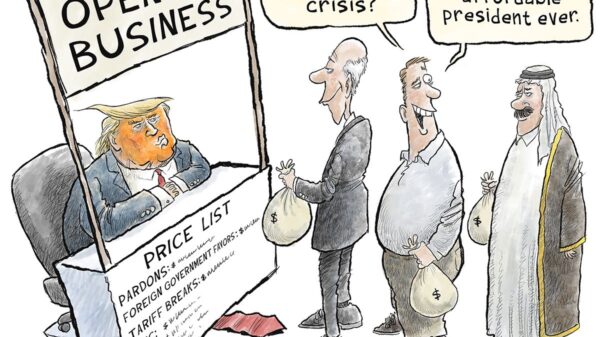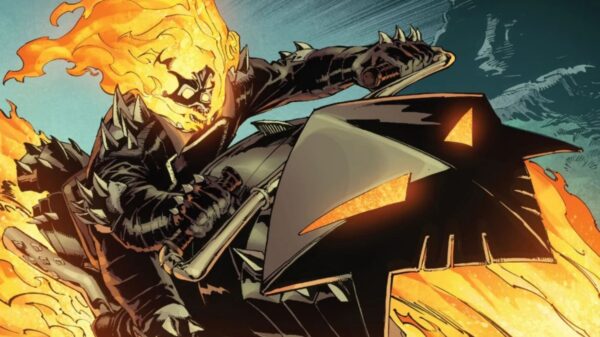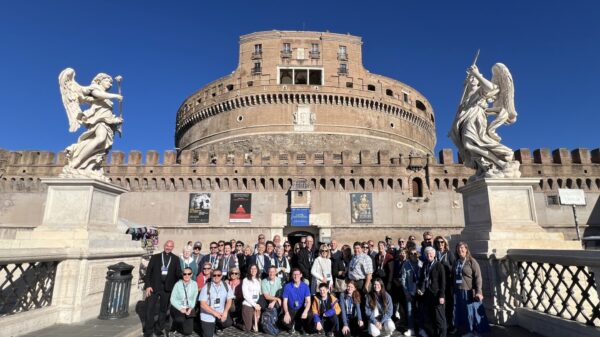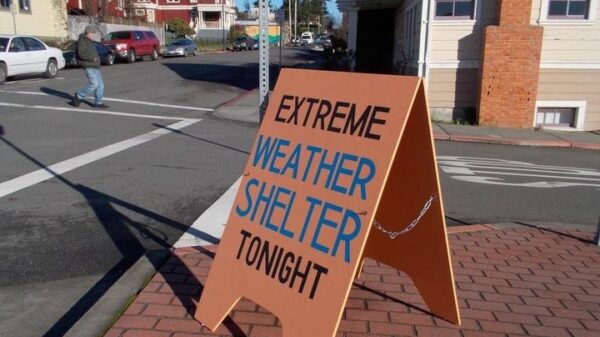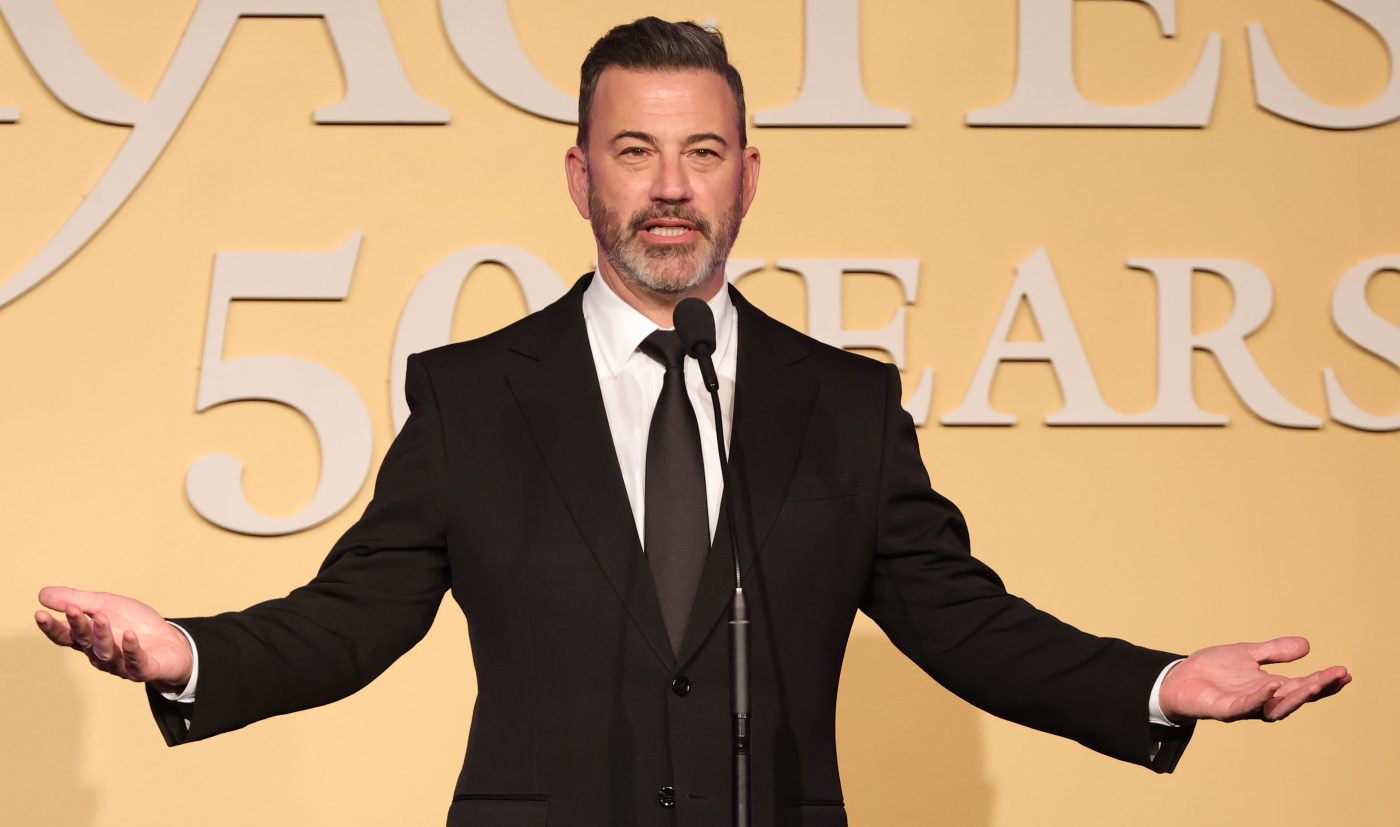ABC and its parent company, Disney, have faced significant criticism for sidelining comedian Jimmy Kimmel in response to pressures from former President Donald Trump and Federal Communications Commission Chair Brendan Carr. This decision is perceived as a capitulation to unconstitutional demands, raising concerns about the implications for free speech in the United States.
Kimmel’s recent monologue, which addressed Trump’s reaction to the assassination of right-wing figure Charlie Kirk, sparked controversy. While Kimmel condemned the assassination as a “senseless murder,” he highlighted how Trump and his supporters exploited the incident to further their agenda of suppressing dissenting voices. Critics argue that by sidelining Kimmel, Disney is prioritizing its corporate interests over the principles of free expression and democratic discourse.
This situation is not isolated; other major networks and institutions, including CBS and Columbia University, have similarly yielded to pressures from Trump’s camp. The Republican majorities in Congress are also seen as having relinquished their power to the former president, leaving only a few judicial entities to resist his influence.
Kimmel’s case exemplifies a broader trend where those in power seek to undermine critical voices. The response from Carr, who has been characterized as a defender of free speech, ironically strengthens Kimmel’s critique by targeting speech deemed unfavorable. The implications of this ongoing campaign could lead to a chilling effect on media and entertainment figures who engage in political commentary.
In a recent exchange, Carr responded to a social media user who claimed his actions aligned with the so-called Project 2025 agenda, which aims to dismantle opposition in civil society. This reaction has raised alarms about the intentions of Trump’s administration and its supporters, who appear to find humor in the adoption of authoritarian tactics.
The current climate poses a stark contrast to the values of a free society. The ability to criticize leadership is a hallmark of democratic governance. As illustrated in the film “V for Vendetta,” the silencing of dissent, even in the form of comedy, is a troubling sign of authoritarianism. While Kimmel has not faced physical repercussions, the pressure to conform to certain narratives is evident.
The cancellation of fellow late-night comedian Stephen Colbert‘s show, which recently won an Emmy, further underscores the animosity directed towards critical voices in media. Trump’s own statements on social media suggest that he is targeting other prominent figures in late-night television, indicating a broader agenda to silence opposition.
The actions taken by ABC and Disney, particularly on Constitution Day, have drawn ire from advocates of free speech. Critics argue that this capitulation not only undermines Kimmel but also weakens the constitutional protections afforded to all Americans.
At a minimum, many believe that Carr should resign, and Kimmel’s program should be reinstated. The current situation serves as a reminder that safeguarding the principles of free expression is crucial in maintaining a healthy democracy. As the nation grapples with these challenges, it is imperative for institutions and individuals alike to stand firm against the erosion of rights and liberties.




